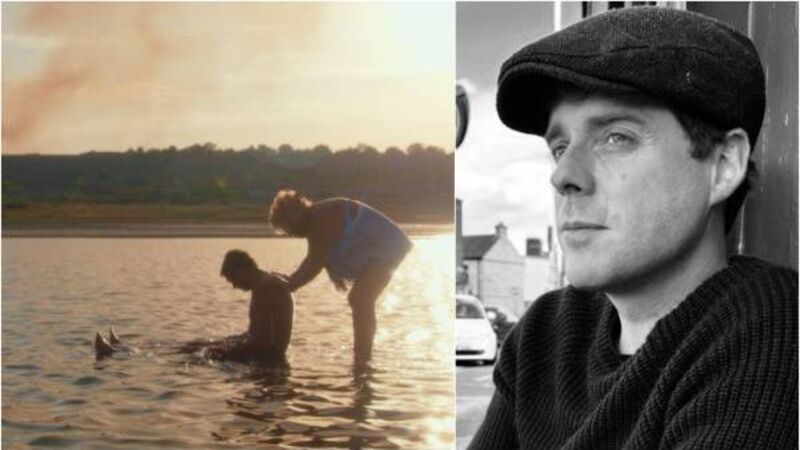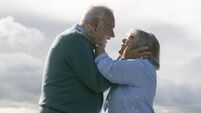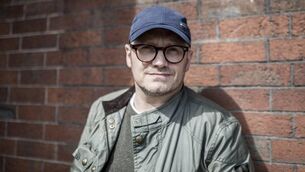Mud baths and missile threats: Irish documentary captures life in a Ukrainian sanatorium

Gar O’Rourke and a scene from his Odesa-made documentary, Sanatorium.
Galway filmmaker Gar O’Rourke recently learned that his documentary has been selected to represent Ireland for an Oscar run. The Irish Film and Television Academy (IFTA) has put forward O’Rourke’s powerful film told in the Ukrainian language, as Ireland’s entry for the International Feature Film Category at next spring’s Academy Awards.
follows in the footsteps of Oscar-nominated and Oscar shortlisted to compete with films from around the world for the Oscar. The selection is further proof of Ireland’s strength in depth when it comes to international filmmaking - others selected in the category in previous years include (in Spanish, 2006), (in Arabic, 2019), and (in Arabic, 2024).







